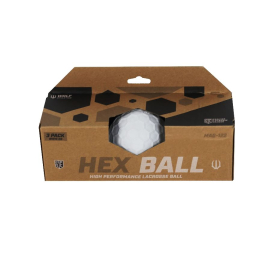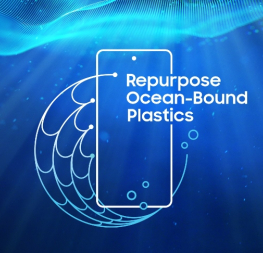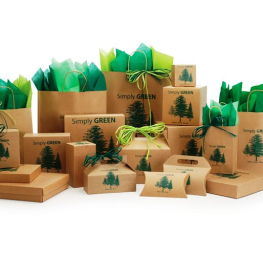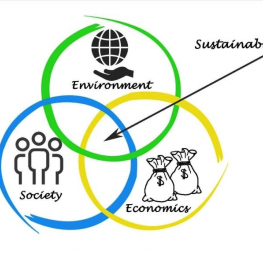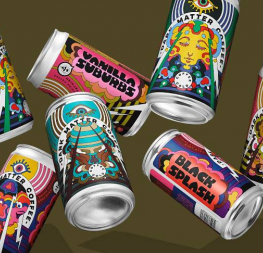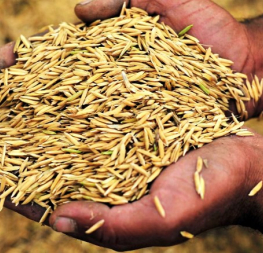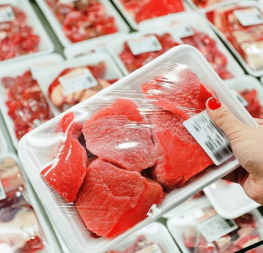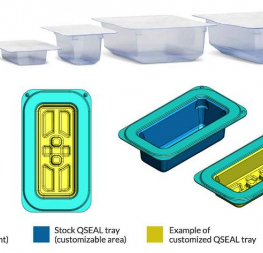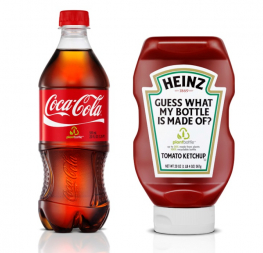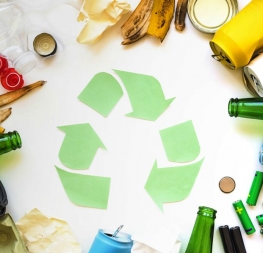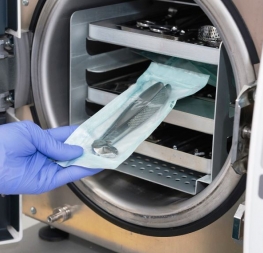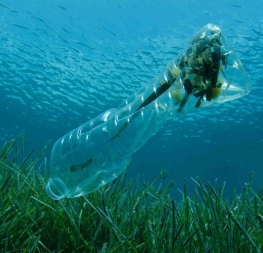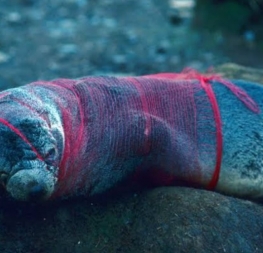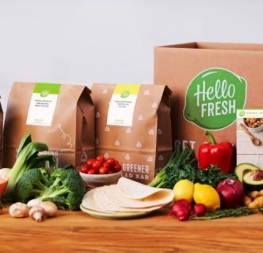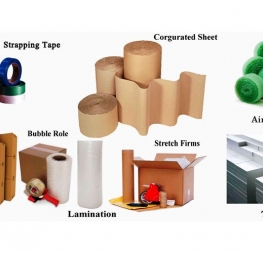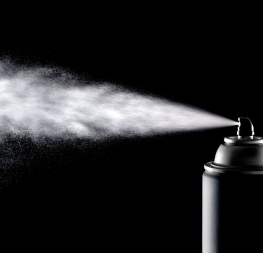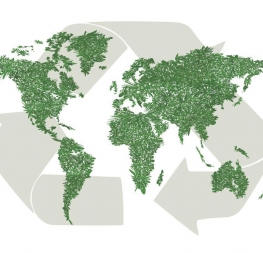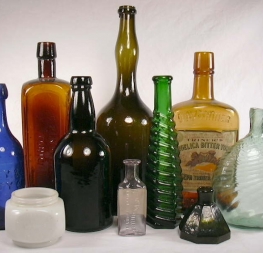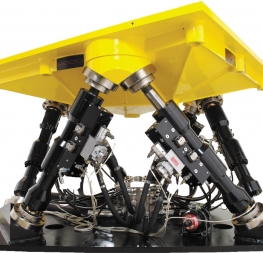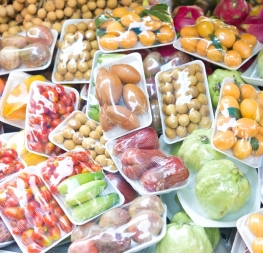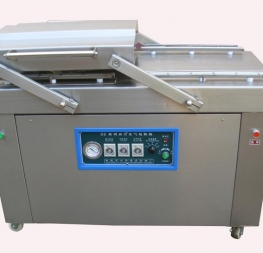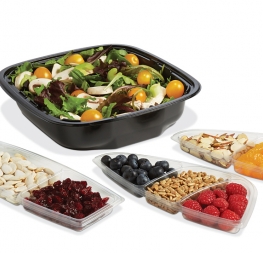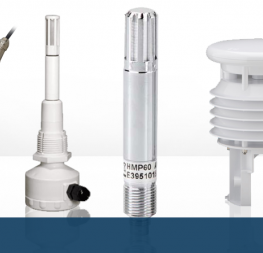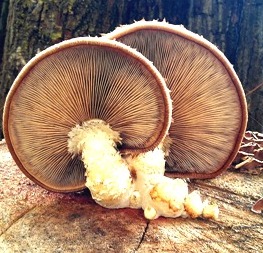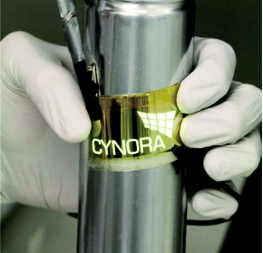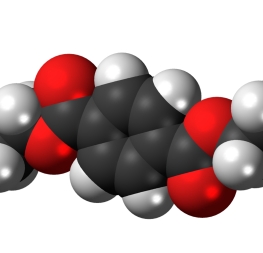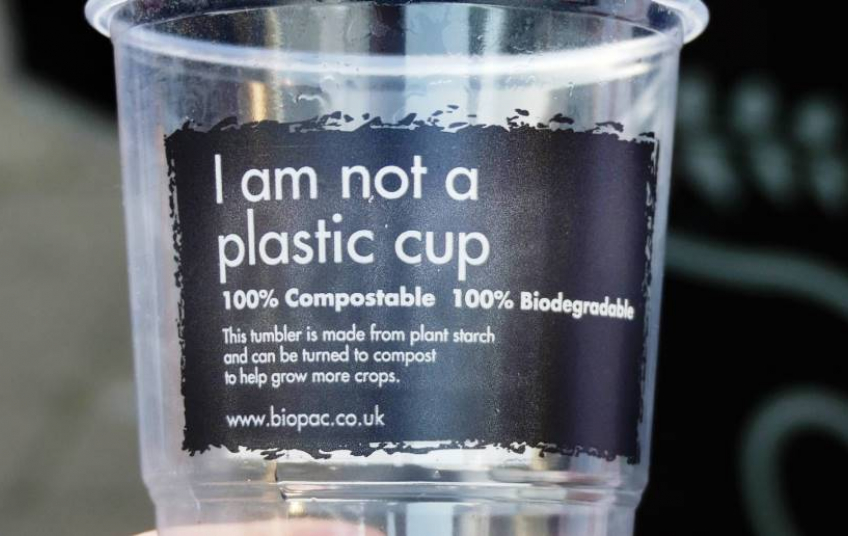
Our planet is important. This is the only place where we can call our home and yet, we are slowly killing it. Pollution from the different industries and the ignorance that we as humans have done over the last century or two has caused so much damage that many experts in the field think that we are too far out to stop the planet from dying. The continued destruction and pollution have caused this slow death to speed up to the point where we are seeing some of the long-term effects sooner and that has many people worried. There are some who are trying new ways to do things in hopes of slowing down the effects. Many people are looking at the way we eat, drive, produce, etc., and are coming up with sustainable ways to do them. Some solutions include electric cars, having more green spaces, or having more recycling and trash pickup initiatives, all of which will help us with creating a better and sustainable planet. Waste is a major problem that we encounter every day. Waste, like trash from products, can end up in our environment and can harm us, especially our health. Something that is on many people’s minds is what we can do to help with one of the major types of waste and pollutant – plastic, which is used for almost everything.

What are Biodegradable Plastics?
Plastics have been in the world of packaging for a very long time. Products like food, electronics, cups, pans, drinks, and other materials have all used plastics to help with marketing, packaging, and transporting. The wide use of plastic has come with the consequence of the poor disposal of it. Much of the waste that comes from plastics ends up on the ground or in the water and has led to it harming our environment. Biodegradable plastics are on the rise as a solution to this problem. Biodegradable plastic is plastic that decays through biological processes. Many plastics used today take an extremely long time to degrade. Biodegradable plastics degrade in a much reasonable time frame and can be more renewable than plastics today. Much of the plastics that are produced today cannot be recycled or can only be recycled a few times. Not only that, but so much of plastic is disposed of. Not only can biodegradable plastic be recycled, but it can be recycled more times than normal plastics. Crops and soybeans can be used to produce the materials needed to make these plastics and can be a huge help in changing the way we use plastics today. Having something we can use to help fight the pollution of plastic can be very helpful in the future and help define the standard for future sustainable projects.

Benefits for Biodegradable Plastics
Biodegradable plastics have a clear benefit, they reduce waste and leave less of an impact on the environment than normal plastics. This is very beneficial to us now more than ever. With the environment as it is now, we need to come up with ways that help the environment and ways that can leave a path for our future generations. Other benefits that come with biodegradable plastics can include being easy to recycle, which can and will reduce the amount of space it may take up in landfills. This can further reduce the need for making more space for them. They can also reduce the amount of energy needed to produce them in factories. This can reduce the amount of greenhouse gases that come from producing them, which is an obvious benefit to our environment. Lower petroleum consumption is also another benefit when considering biodegradable plastics. Oil is a significant material in making plastics. This would lead to us producing a lot of pollution when making plastics and so having a reduction in the amount that is used is a huge boon to us considering that oil is a nonrenewable resource. Another benefit is that biodegradable plastic does not leave harmful products in the environment. Many plastics today leave a huge impact on our environments and that can have huge consequences on people’s livelihoods. Plastics can end up in the food and water we drink in the form of microplastics. These are harmful to the overall health of a person and can lead to long-term health problems. Having to switch to biodegradable plastics will be very beneficial to us in the long run and will have a positive impact on our planet. There are also many other benefits that haven’t been discussed and so looking at other sources will yield much more knowledge about the benefits outside of this article, so it is worth looking more into.

Problems with Biodegradable Plastics
While there are many obvious benefits to people switching to biodegradable plastics, there are also problems that arise. One such problem is the engineering problem. Being made from plants and crops like corn or soybean, there can be the risk of contamination from pesticides and other harmful products that are used on these crops. Such pesticides can find their way into the final product of the plastic and harm the consumers. Another factor to consider is costs. The main costs when looking to produce these plastics is the equipment used to make them. The machines that are necessary to produce these plastics and to maintain them is another major cost to take into consideration. The need to use more land for croplands is another problem that is faced. If we were to look at increasing the production of biodegradable plastics, we would need to make way for more areas where we can produce more of the crops used to make these plastics. While reducing landfill space may be a benefit, the tradeoff may be nullified due to this drawback. Another drawback is the fact that biodegradable plastics may need to be disposed of in a certain way to properly degrade. That would mean we would need to come up with a system where it can be disposed of properly instead of winding up in other areas where it does not belong.
Again, these are just some of the drawbacks of using these plastics. Even though these drawbacks may seem like a huge hurdle, it would be very beneficial to iron out these problems and move on to switch to using biodegradable plastics more regularly. The current state of our plastic problem is a problem, and something needs to be done about it. Any solution could and would be a boon to helping fight for a better future for our planet and help make our operations and the lives of people more sustainable and healthier.

Conclusion
The benefit of helping our planet is something that we cannot overlook. The future of our future generations needs to be accounted for and having a place where they can thrive is important. Plastic is a major source of pollution in the land and sea with very few ways to recycle and dispose of them. Biodegradable plastics are a new type of plastic that can degrade naturally through biological processes. Having biodegradable plastics as an alternative will help with the inability to recycle normal plastics. It will also help with cleaning the environment and help reduce the impact we have on the environment as a whole. Even with the downsides of using biodegradable plastic like the costs, it would still be more beneficial to switch to biodegradable plastic rather than continuing to use plastics like how we have been for many years. Looking at the amount of waste we produce and how we handle said waste, we need to do more and have more impactful ways to deal with it. We would need more factors to help contribute to the effort of dealing with waste. Plastics are but one small facet of the problem. There are other places where we could help. Greenhouse gases, emissions from vehicles, unsustainable buildings, and cities are some of the areas where we could see more being done to help with producing a better world. We need to do something about our planet, and we need to do something soon or we may be facing a future where the planet may be inhabitable.
References
https://www.packagingdigest.com/sustainability/how-sustainable-are-biodegradable-and-plant-based-plastics
https://letsdoitfoundation.org/2020/09/04/what-are-biodegradable-plastics-the-need-for-a-clarified-terminology/
https://www.bbc.com/future/article/20191030-why-biodegradables-wont-solve-the-plastic-crisis
https://www.conserve-energy-future.com/advantages-disadvantages-uses-biodegradable-plastics.php
https://www.masterclass.com/articles/biodegradable-plastic-guide#what-are-the-benefits-of-biodegradable-plastic Images
http://m.koreaherald.com/view.php?ud=20201209000882
https://bioplasticsnews.com/2015/09/03/biodegradable-plastics-will-grow-10-8-per-year/
https://www.weforum.org/agenda/2018/05/this-plastic-bag-is-100-biodegradable-and-made-of-plants/
https://news.stanford.edu/2016/07/28/catalyst-making-biodegradable-plastics/
https://www.downtoearth.org.in/blog/waste/can-bioplastics-save-us-from-drowning-in-our-own-waste--66999


